A good floor coating should prevent you from slipping and sliding, but in some floors you want more than that. For example, abrasion resistance may be crucial if you happen to have a fork lift turning around and moving back and forth in a warehouse. Other floors, including those metal ones, may require chemical or corrosion resistance. Some will need to be highly hygienic and easy to clean using strong detergents as is the case in hospitals or food processing plants.
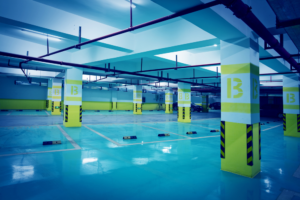 On top, our floors should also look nice and match their surroundings. In some cases they may need special markings like for example in sports areas or to signal emergency exits.
On top, our floors should also look nice and match their surroundings. In some cases they may need special markings like for example in sports areas or to signal emergency exits.
Epoxy flooring systems meet all these performance requirements and can be tailored to each application in terms of resistance, colour or ease to apply.
Durable and cost-efficient
If you invest in high quality flooring, you would certainly like to keep it for a long time. In the case of epoxy, it is important to note that they can last much longer than other removable flooring, such as linoleum or carpet. It is also easier to apply and results in less waste and less manual work required. In terms of maintenance, epoxy floors require minimal care saving time and resources.
Epoxy manufacturers have looked at the life cycle of epoxy flooring. The results of this assessment indicate that the release of monomer during manufacturing, use and disposal of epoxy floors is minimal (in the range of <0.1%).
Tomorrow’s technology
Epoxy floors have been around for a long time, the technology is well developed. There are still a number of systems that require adding a solvent to manage the viscosity of the highly solid material. Most solvents are considered VOC’s (volatile organic compounds) and are therefore becoming more strictly regulated. Hence, the epoxy industry is offering new innovative coating systems with very low volatile emissions, like 100% VOC free waterborne systems to produce self-levelling flooring systems.

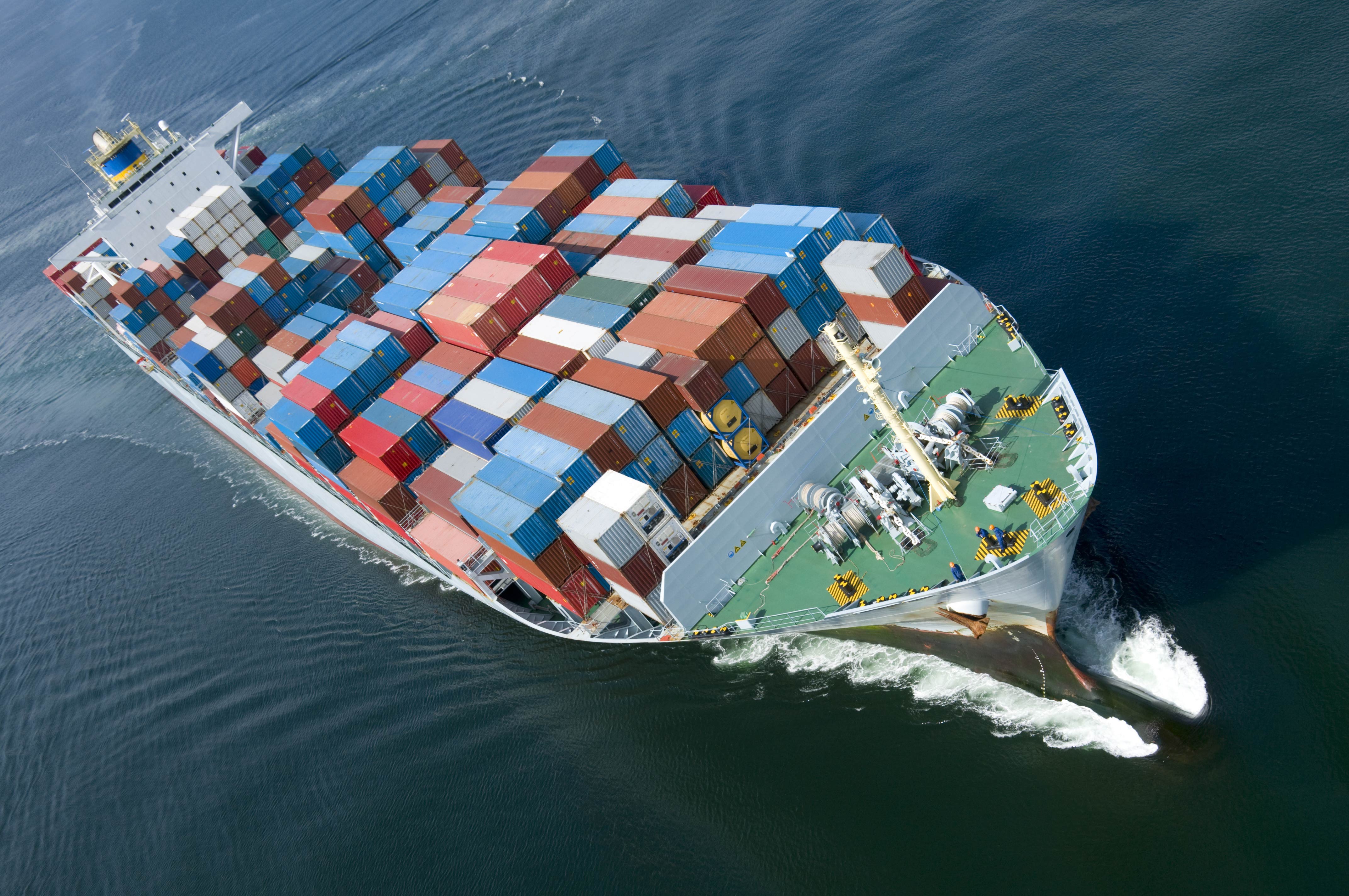
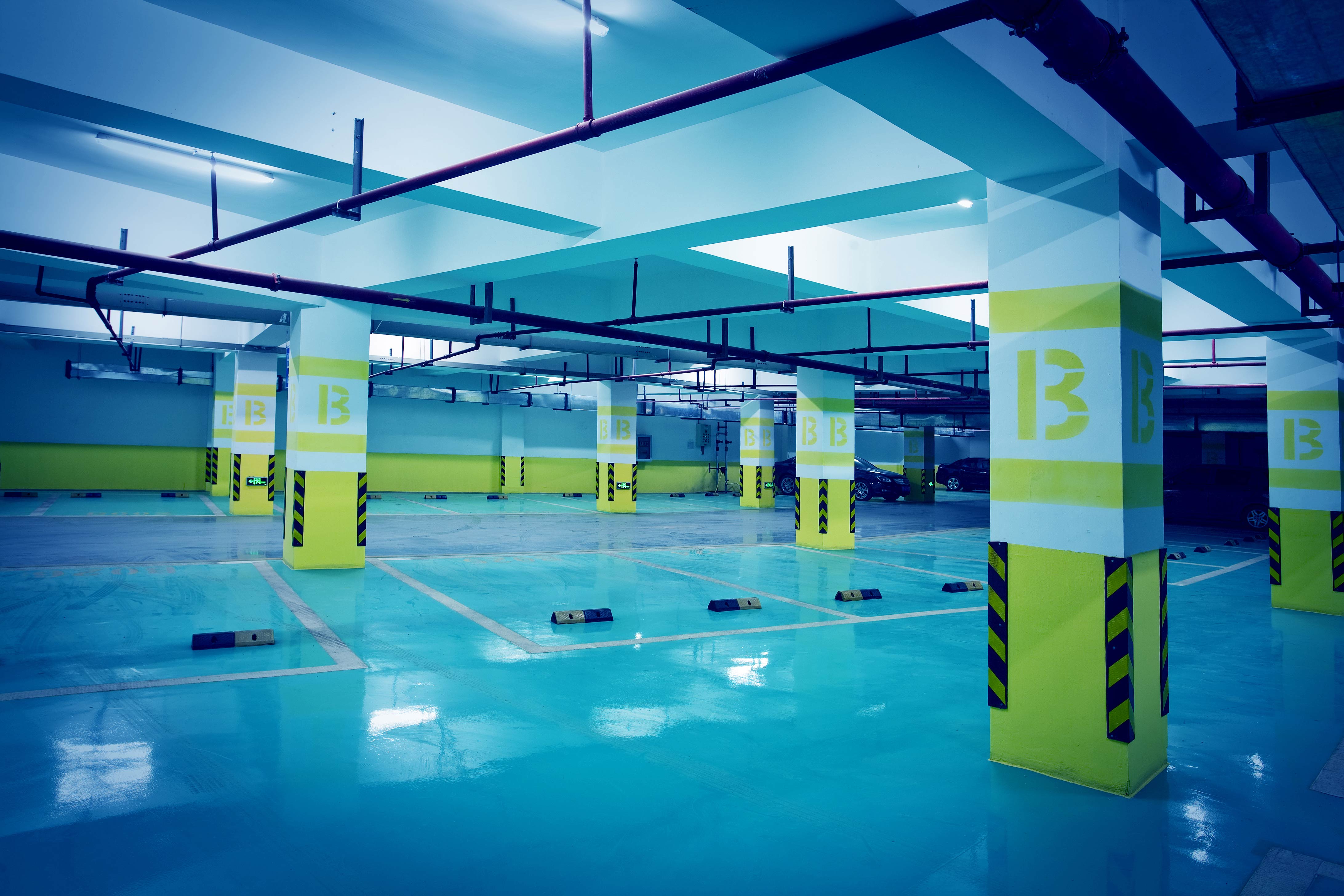
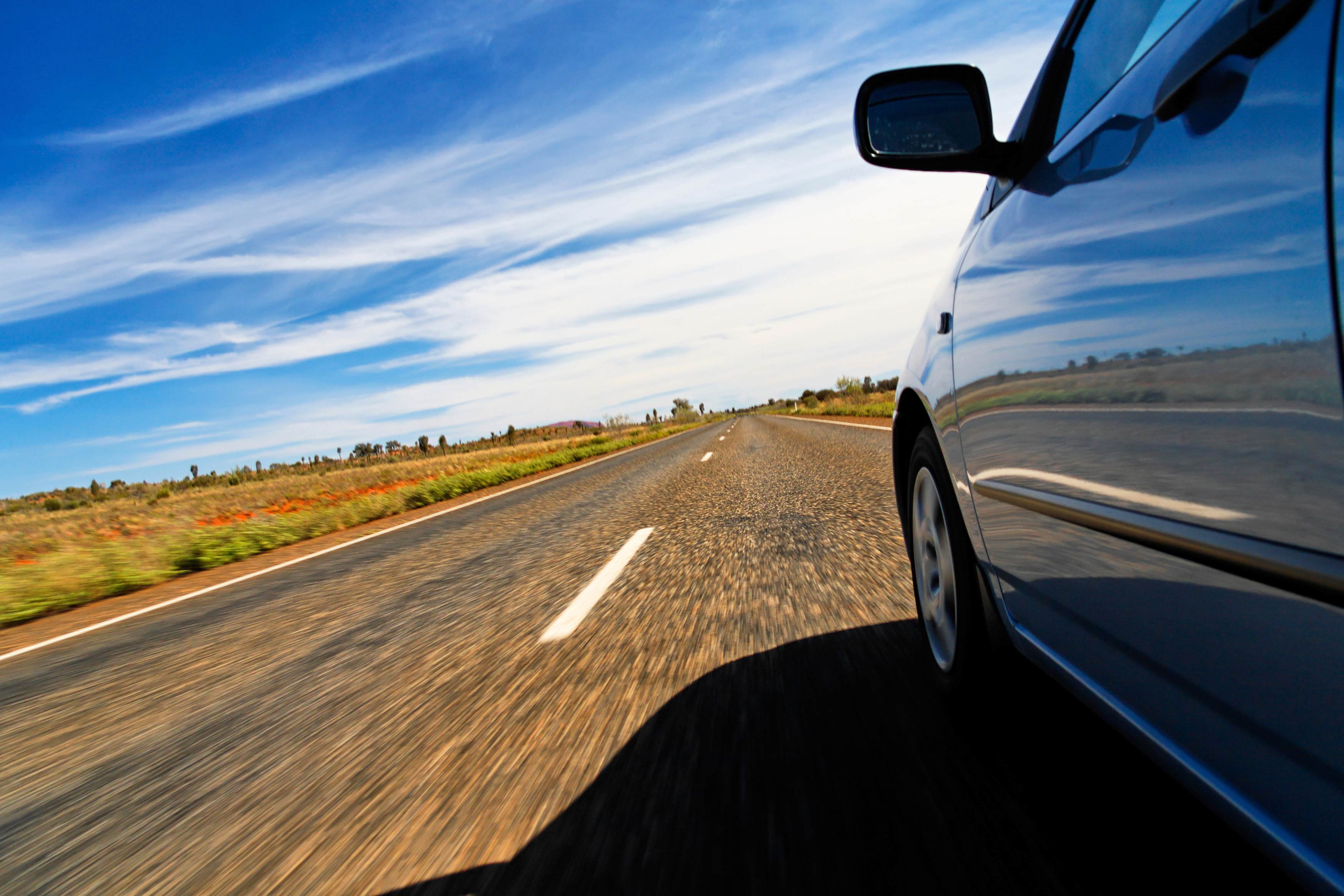
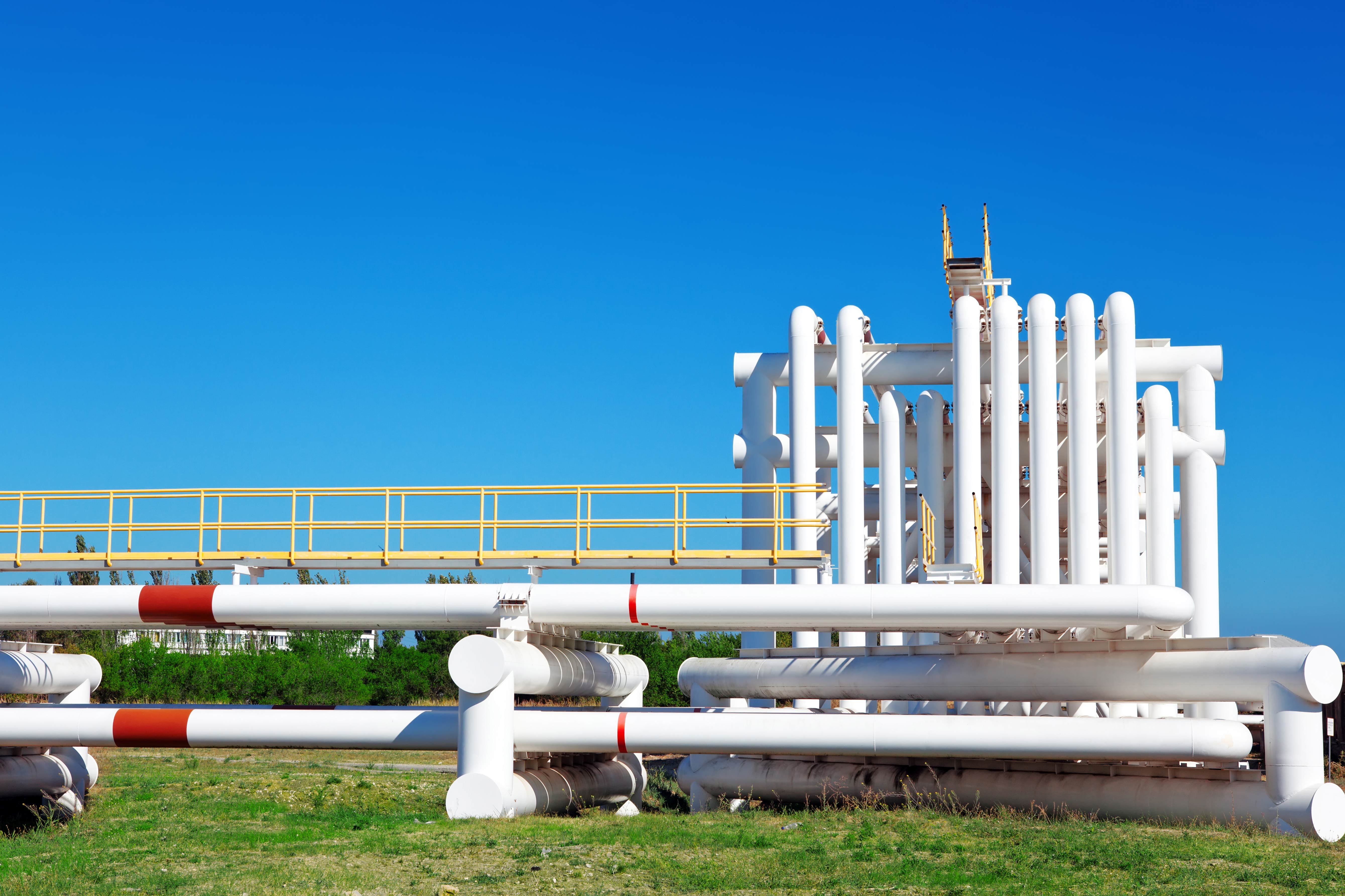
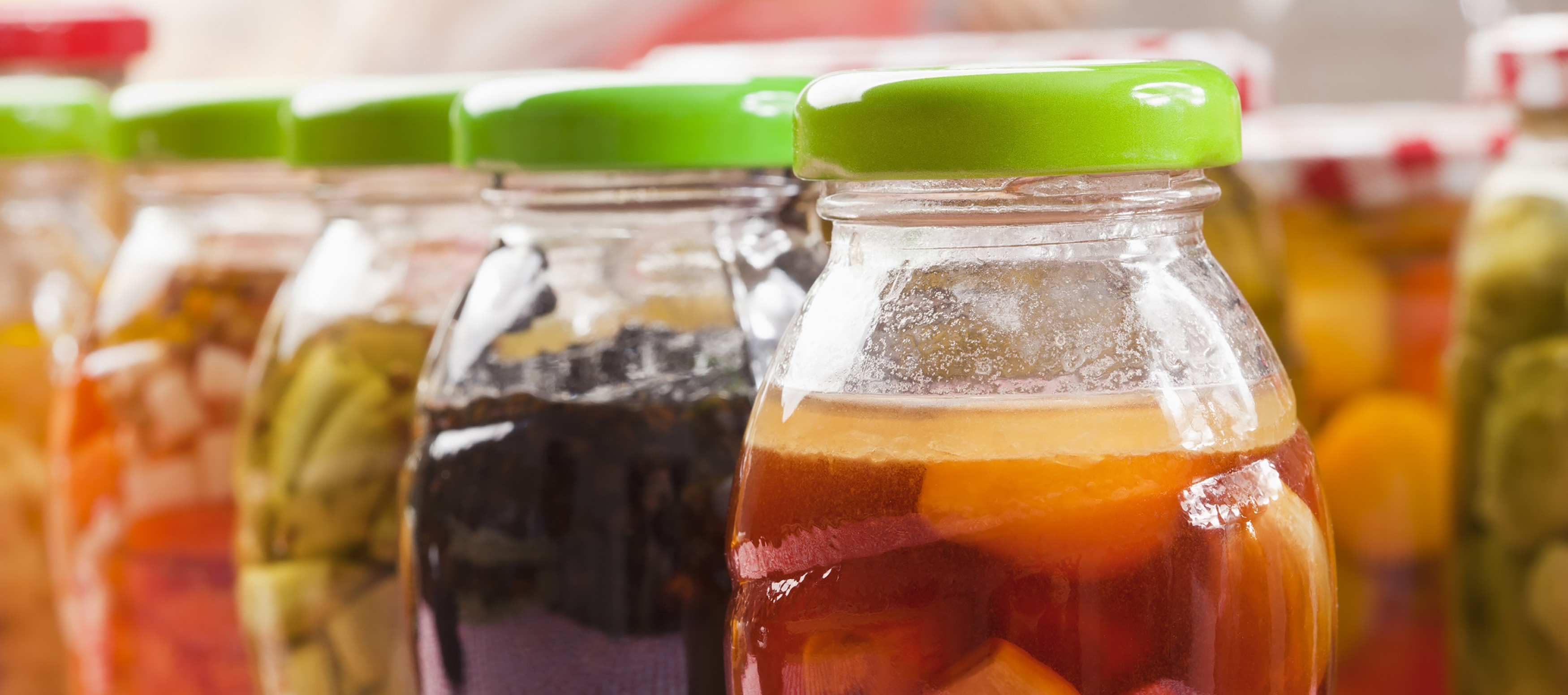
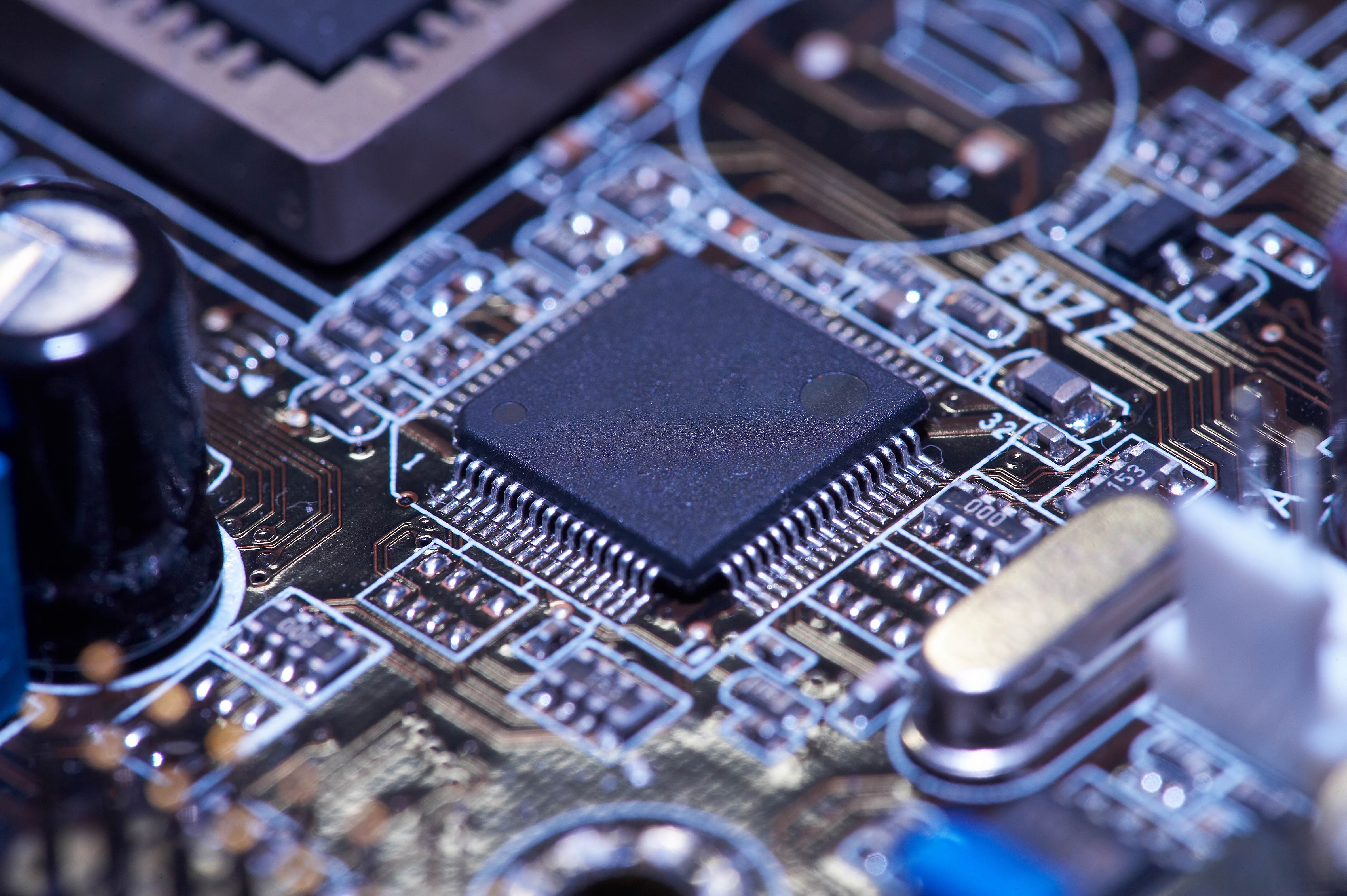
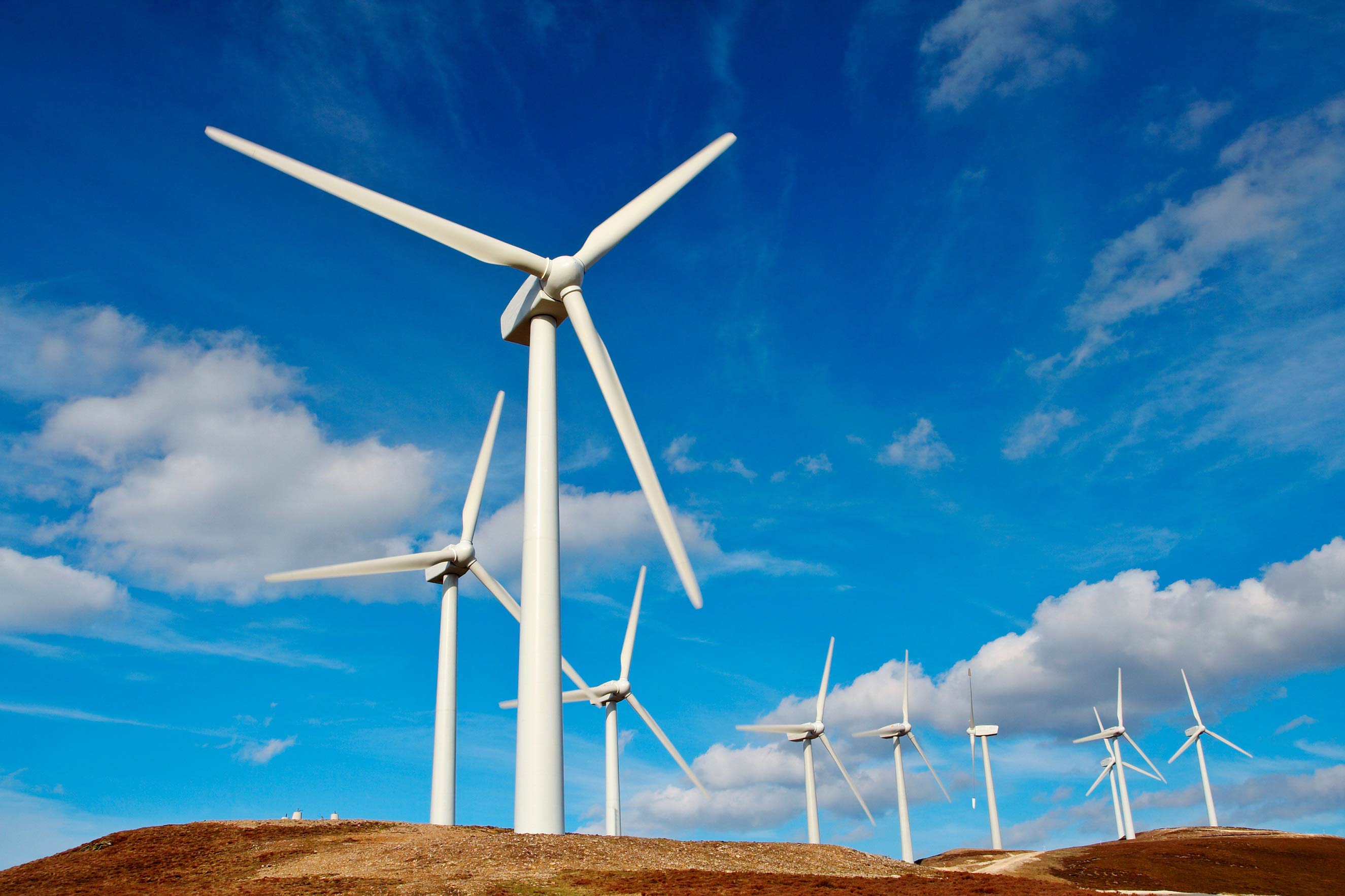

.jpg)